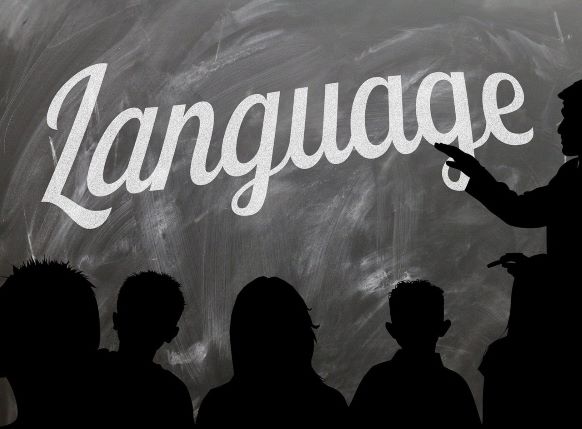 Years ago, rules for grammar and descriptors were simple, even if a monument to the patriarchy, and even somewhat awkward at times.
Years ago, rules for grammar and descriptors were simple, even if a monument to the patriarchy, and even somewhat awkward at times.
But today’s world is changing, and so is the language we use to refer to people. Some things that used to be acceptable are now considered offensive or inappropriate. Many of the changes to our language were designed to make it more inclusive of all members of society. Last year, the American Psychological Association endorsed the use of the singular they. This was not just to rid English of some of its patriarchal leanings, but to acknowledge that people who are nonbinary do not wish to be addressed as either he or she. So exciting was this change that Merriam Webster’s declared they the Word of the Year for 2019 .
So, given that things are changing, how do you, as an author, take these into account in your writing and editing? Continue reading “Are You Editing Your Work with Today’s World of Inclusive Language in Mind?”

 If you join an online writers group, talk will eventually turn to editing: either the revisions/edits authors make to their own work or those done with the help of a word-wrangling professional. Often when I’m involved in one of those discussions, I get a sense that a lot of writers think the editing process is 1) like being forced to drink liquefied kale; 2) anathema to their creativity; and 3) completely alien to them.
If you join an online writers group, talk will eventually turn to editing: either the revisions/edits authors make to their own work or those done with the help of a word-wrangling professional. Often when I’m involved in one of those discussions, I get a sense that a lot of writers think the editing process is 1) like being forced to drink liquefied kale; 2) anathema to their creativity; and 3) completely alien to them. Long ago, before I’d thought about writing (and long before the internet and eBooks), I needed a spot of extra income. It had to be a job I could do from home at night, what with the whole single-parent thing, so I took a course in proofreading and copy-editing. Those were the days of the marvellous red pen and lovely squiggles in the margins…yeah, I took to it. I worked mostly with academic departments and non-fiction publishers in England, learned my trade, advanced to pukka editing and earned my extra pennies.
Long ago, before I’d thought about writing (and long before the internet and eBooks), I needed a spot of extra income. It had to be a job I could do from home at night, what with the whole single-parent thing, so I took a course in proofreading and copy-editing. Those were the days of the marvellous red pen and lovely squiggles in the margins…yeah, I took to it. I worked mostly with academic departments and non-fiction publishers in England, learned my trade, advanced to pukka editing and earned my extra pennies.